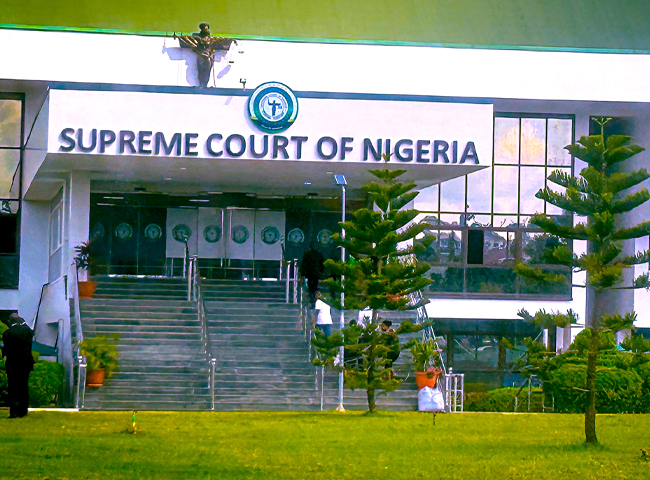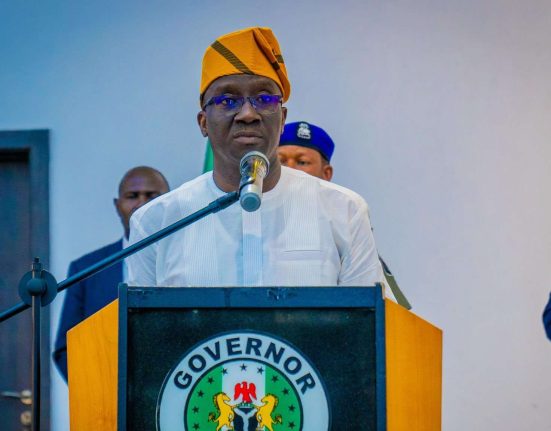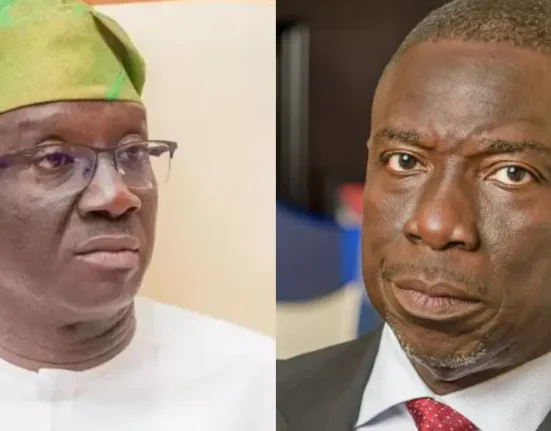The Supreme Court of Nigeria has officially affirmed Muhammadu Iliyasu Bashir as the substantive Emir of Gwandu in Kebbi State, drawing the curtain on a long-standing legal battle that began nearly two decades ago. In a landmark judgment delivered recently, the apex court set aside the decisions of both the Kebbi State High Court and the Court of Appeal, which had earlier declared Alhaji Mustapha Jokolo the rightful holder of the traditional throne.
The court’s decision came after an extensive judicial review, which concluded that the lower courts acted without jurisdiction when they granted reliefs in favour of Jokolo, who was deposed in 2005 by the then Kebbi State Government under controversial circumstances.
Justice of the Supreme Court, in delivering the verdict, held that Mustapha Jokolo failed to comply with a crucial procedural requirement—he did not obtain the necessary pre-action consent from the Kebbi State Government before initiating legal proceedings. According to the apex court, this failure invalidated the jurisdiction of the trial and appellate courts, thereby rendering their judgments null and void.
The matter, which has traversed various legal tiers for nearly 20 years, originated from Jokolo’s removal from the throne shortly after his appointment in 2003. His deposition sparked widespread debate and legal action, with Jokolo contesting the legality of his removal and seeking reinstatement. His legal efforts, however, have now been conclusively dismissed.
The Supreme Court, siding with the Kebbi State Government and Muhammadu Bashir—who was appointed as Emir following Jokolo’s removal—held that the action instituted by Jokolo was fundamentally flawed. The court emphasized that the failure to obtain gubernatorial clearance before suing a state-recognized traditional authority matter, especially one involving a chieftaincy dispute, constituted a breach of procedural law.
By this judgment, Muhammadu Iliyasu Bashir retains his position as the Emir of Gwandu, one of the oldest and most prestigious emirates in Northern Nigeria, known for its historical and cultural significance. The verdict brings finality to a protracted legal wrangle that had cast uncertainty over the traditional stool for years.
Legal analysts describe the ruling as a clear reaffirmation of procedural discipline in chieftaincy matters and a signal to parties seeking redress in traditional disputes to adhere strictly to statutory preconditions before approaching the courts.
The Kebbi State Government, which had consistently argued that due process was not followed by Jokolo in challenging his removal, expressed satisfaction with the ruling. The administration noted that the apex court’s verdict has not only vindicated its position but has also restored clarity and stability to the traditional institution of the state.
With this ruling, the Supreme Court has effectively brought an end to all litigations on the matter, thereby reaffirming Muhammadu Bashir’s legitimacy and status as the undisputed Emir of Gwandu.







